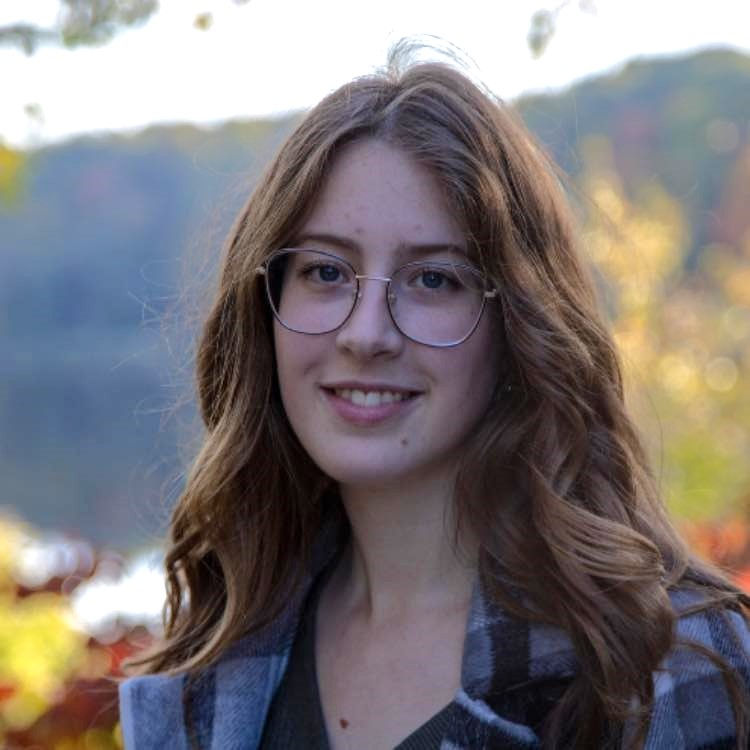Interview with April Poet-in-Residence Manuel Iris
- Lit Youngstown
- Feb 6, 2022
- 3 min read
Updated: Feb 7, 2022

Lit Youngstown student intern Katelyn Urs asks April 1-2 poet-in-residence Manuel Iris three questions about his new book The Parting Present (Dos Madres Press, 2021). For more information about attending Manuel's free workshops, readings and talks, click here.
Katelyn: The theme of writing and the motif of silence connect in many of your poems in
The Parting Present. For example, they appear as a pair in the first poem “Little
poem obsessed with death” (p.3), “Answers” (p.17), and then in the last one in the
collection, “Silentium” (93). What draws you to the poetry writing process as a
subject in your work, and how does silence fit in with that reflection?
Manuel: Writing has always been one of my recurrent themes: why do we write, and how the act of writing impacts reality (both tangible and intangible) is very important to me. I am a writer, and exploring writing is drafting a justification of my own existence. I like art and artists that question everything, including themselves. I believe that poetry is not a mirror, but a door that opens to our own spirit.
I believe in silence as a part of poetry, and vice versa. To me, poetry must be not an
interruption, but a continuation of silence. Contemplation, reflection, and epiphany happen
before, during, and after the poem. And they need quiet. The poem is a source of silence, and silence is the point of arrival and departure of the poem. The poet is a creator of words that conjure silence. Poetry is a translation of silence.
Katelyn: Some poets may not have the ability or the passion to translate their works into
two different languages like you do. And no translated work, no matter the genre,
is a perfect replica of the original. When translating a poem into English or
Spanish, do you find yourself prioritizing certain principles of poetry such as
musicality, theme, or diction?
Manuel: My translation process has become more and more complicated with time. I do write first in Spanish, but during the translation process I often like more what is happening in the English version of the poem, and then go back and change the original. The final product, in both languages, is the result of these negotiations. Translating is now part of my editing process.
My writing, as well as my life, is the constant crossing of these linguistic borders.
I do prioritize the musicality, the breath, of the poem in either language, and I need the theme and the rhythm, more than the diction, to remain there. Poetry is not what is lost in translation: is what survives.
Katelyn: Another significant theme in your book is time, which is emphasized through its
title, The Parting Present. You encapsulate who you are in the past and
present—your wisdom, passions, fears, experiences—in two languages. The
published work will allow your daughter to always have you when you are gone.
Does the bilingual format mirror a dual identity? One that you wish to preserve so
that your daughter will remember?
Manuel: What a beautiful, sensitive question. I thank you very much for it. And it is also a tough question to respond to. I’ll do my best: I do not think about “my poetic work” while writing a poem. I am only finding words to translate a silence. Talking so much about time (or about poetry, as you noted before) has never been intentional: it just happens to me. Those are some of my poetic obsessions. I do worry about time, memory, and oblivion. I do worry about transcendence. And, of course: I hope that my daughter will always have my voice close to her, even after I am gone.
The bilingual format, also, happened organically: I could not be otherwise. It is, indeed,
what I am. I know my daughter will remember me more in Spanish (that’s the language we
talk to each other), despite the fact that we live in both languages every day. So, yes, we
have a dual identity (we are not the same: she is much more bilingual and bicultural than
me), and this book, in particular, is a conversation between us. We are there, in the two
languages of the poem, and in the universal silence of the white spaces between the lines.

Manuel Iris's residency is part of an Arts Resiliency Initiative funded by the Ohio Arts Council, and Rob Briggs & Alyssa Lenhoff Briggs.

Katelyn Urs earned her B.A. in English and is currently pursuing an M.A. in Professional and Technical Writing from Youngstown State University. Katelyn is an aspiring writer with goals to be published and to have a career centered on helping the community. When she is not reading, writing, or working, you can find her walking at Mill Creek or doodling in her sketchbook.




